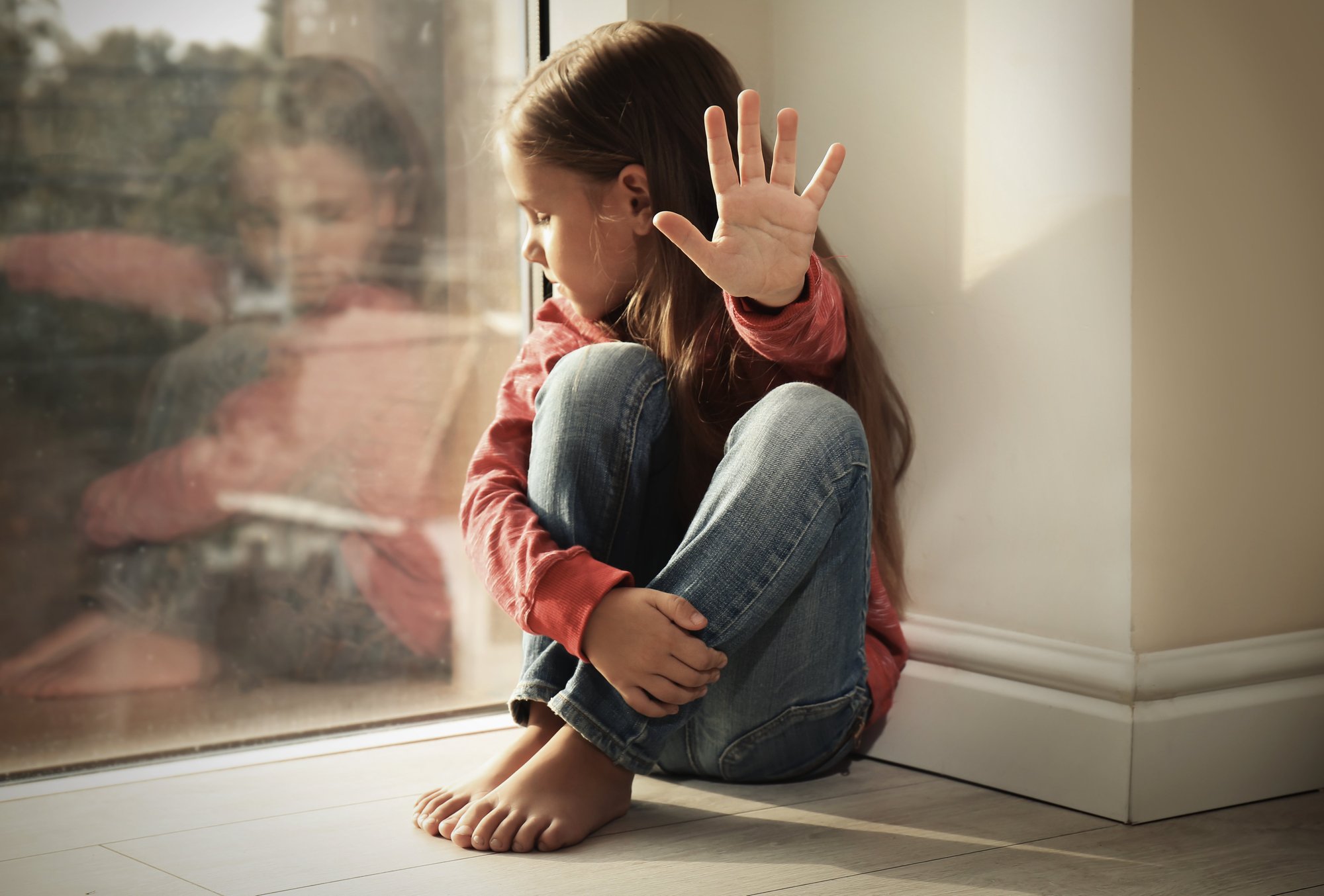Troubled Childhood Could Mean a Troubled Old Age, Study Finds

FRIDAY, Aug. 4, 2023 (HealthDay News) -- The trauma and unhappy family dynamics of childhood may follow kids into old age, affecting both their mind and body, according to new research.
“We looked at self-reported disability, as well as objectively measured physical and cognitive impairment, and learned that early-life stressful experiences can have ramifications all the way into older age,” said senior author Dr. Alison Huang, a University of California, San Francisco professor of medicine.
“This can mean a higher likelihood of difficulty walking, or carrying out activities of daily living, or problems with memory when people are in their 60s, 70s, 80s or older,” she said in a university news release.
Exposure to physical violence or abuse, severe illness, family financial stress or separation from parents are considered major childhood stressors.
The study found that those who experienced violence in childhood were 40% more likely to have mobility impairment and 80% more likely to have difficulty with daily activities. Those who came from unhappy families were 40% more likely to have mild cognitive impairment.
According to the U.S. Centers for Disease Control and Prevention, almost 60% of adults in the United States have experienced one or more types of adverse childhood experiences. These can undermine a child’s sense of safety or stability, and are tied to later heart disease, diabetes, autoimmune disease and depression.
California was the first state to mandate that commercial insurance cover screening for early stressful or traumatic experiences in both children and adults. Eight other states are considering or implementing similar legislation, the study authors note.
For the new study, researchers relied on the National Social Life, Health and Aging Project, which asked nearly 3,400 participants, ages 50 to 97, about adverse childhood experiences. Individuals were also tested for balance, walking, cognition and memory. Their ability to perform the activities of daily living -- things like dressing and bathing -- was also assessed.
About 44% reported a history of at least one adverse experience between age 6 and 16. Sixteen percent had witnessed violence; 16% were separated from a parent; 14% reported violence, 13% experienced financial stress and 6% experienced poor health. One in five reported more than one adverse childhood experience.
The study "shows that stressful early life experiences may be markers of risk of functional impairment and disability later in life,” said UCSF medical student Victoria Lee, a study co-author.
“This raises implications for geriatric care: Early recognition of childhood trauma may be useful in identifying adults who might benefit from screening or prevention strategies for aging-associated functional decline," Lee said in the release.
The U.S. National Institutes of Health funded the research. The findings were published Aug. 2 in the Journal of General Internal Medicine.
More information
The U.S. National Center for Post Traumatic Stress Disorder has information on PTSD and aging.
SOURCE: University of California, San Francisco, news release, Aug. 2, 2023
Related Posts
¿Tronarse los dedos provoca artritis?
JUEVES, 20 de abril de 2023 (HealthDay News) -- ¿Ha escuchado la antigua idea de...
Odds of Severe COVID-19 Disease Lower for Children During Omicron Predominance
FRIDAY, Jan. 27, 2023 (HealthDay News) -- For children, severe COVID-19 disease...
